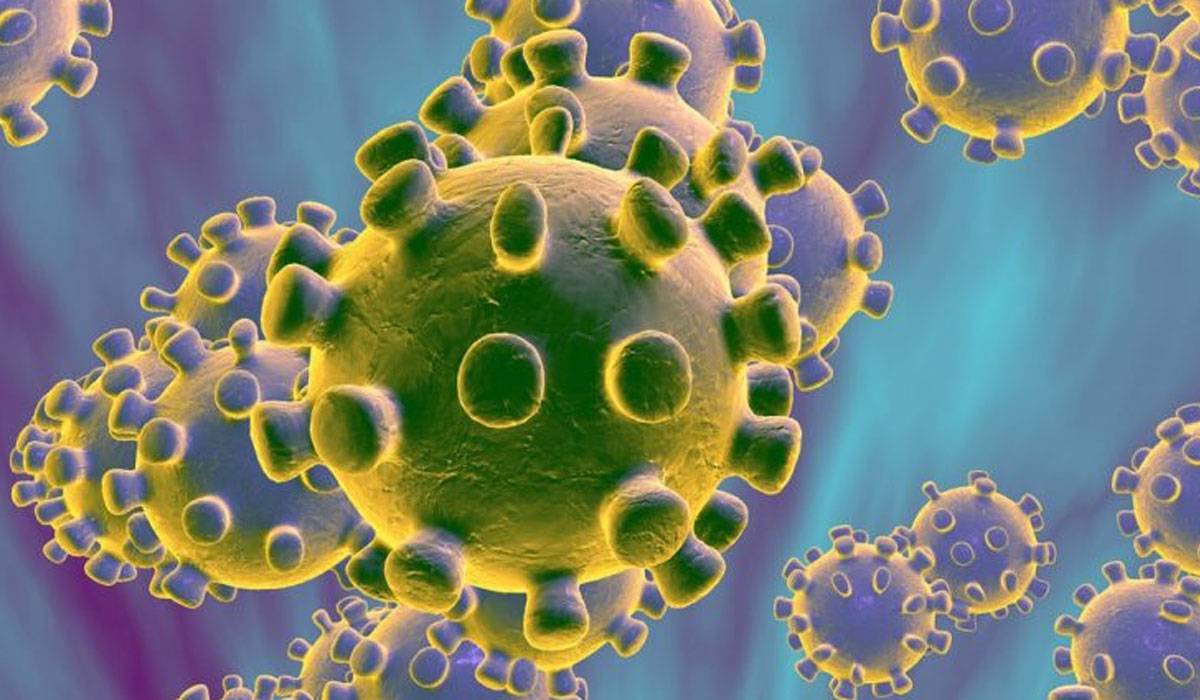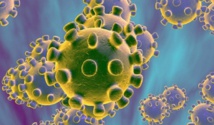Health authorities quoted by state media said the average incubation period for the highly contagious coronavirus is around 10 days, although it can vary between one and 14 days.
Any travellers who had visited the virus' epicentre in the city of Wuhan were told to undertake a self-imposed isolation for 14 days to make sure they are not carrying the disease.
Chinese health authorities reported 56 deaths and 1,975 confirmed domestic cases on Sunday as numbers continued to climb abroad as well.
The virus spread particularly quickly from Wuhan as it coincided with the week-long Lunar New Year holiday, when hundreds of millions travel domestically and abroad.
Restrictions have been growing over the weekend on transport, particularly on buses, while tour groups have also been suspended.
Shandong, Shanxi, Hebei and Hubei province – home to Wuhan – have all imposed restrictions on travel from other provinces while Shanghai and Beijing have also imposed restrictions, according to state media.
A dozen cities and some 43 million people remain under effective quarantine.
Legislators in Hong Kong, meanwhile, have called for the semi-autonomous territory to close its border to the mainland to slow the spread of the virus.
Health authorities have called for schools and universities to extend their New Year break, an action already taken by schools in Hubei province, as well as Beijing and Hong Kong.
On Sunday afternoon, the 2020 National Winter Games were indefinitely postponed in yet another sign of how seriously China is taking the coronavirus outbreak, state media reported. The games were seen as a trial run for the 2022 Winter Olympics, which will be hosted by China for the first time.
While the exact source of coronavirus is still unknown, authorities on Sunday suspended the trade in wildlife products indefinitely.
The virus has been linked to a seafood market in Wuhan city that reportedly sold exotic animals. Media reports have linked the virus to the consumption of bats or snakes, according to the South China Morning Post, in a parallel to the outbreak of severe acute respiratory syndrome (SARS) in 2002-2003.
SARS, a disease that infected 8,000 people and killed 800 globally, also started in China and was linked to the consumption of civet cats, another exotic meat. The coronavirus belongs to the same family of viruses.
Cases of coronavirus have been reported abroad in Japan, South Korea, Taiwan, Thailand, Vietnam, Saudi Arabia, Singapore, the United States, France and Australia, as well as the Chinese territories of Hong Kong and Macau.
Any travellers who had visited the virus' epicentre in the city of Wuhan were told to undertake a self-imposed isolation for 14 days to make sure they are not carrying the disease.
Chinese health authorities reported 56 deaths and 1,975 confirmed domestic cases on Sunday as numbers continued to climb abroad as well.
The virus spread particularly quickly from Wuhan as it coincided with the week-long Lunar New Year holiday, when hundreds of millions travel domestically and abroad.
Restrictions have been growing over the weekend on transport, particularly on buses, while tour groups have also been suspended.
Shandong, Shanxi, Hebei and Hubei province – home to Wuhan – have all imposed restrictions on travel from other provinces while Shanghai and Beijing have also imposed restrictions, according to state media.
A dozen cities and some 43 million people remain under effective quarantine.
Legislators in Hong Kong, meanwhile, have called for the semi-autonomous territory to close its border to the mainland to slow the spread of the virus.
Health authorities have called for schools and universities to extend their New Year break, an action already taken by schools in Hubei province, as well as Beijing and Hong Kong.
On Sunday afternoon, the 2020 National Winter Games were indefinitely postponed in yet another sign of how seriously China is taking the coronavirus outbreak, state media reported. The games were seen as a trial run for the 2022 Winter Olympics, which will be hosted by China for the first time.
While the exact source of coronavirus is still unknown, authorities on Sunday suspended the trade in wildlife products indefinitely.
The virus has been linked to a seafood market in Wuhan city that reportedly sold exotic animals. Media reports have linked the virus to the consumption of bats or snakes, according to the South China Morning Post, in a parallel to the outbreak of severe acute respiratory syndrome (SARS) in 2002-2003.
SARS, a disease that infected 8,000 people and killed 800 globally, also started in China and was linked to the consumption of civet cats, another exotic meat. The coronavirus belongs to the same family of viruses.
Cases of coronavirus have been reported abroad in Japan, South Korea, Taiwan, Thailand, Vietnam, Saudi Arabia, Singapore, the United States, France and Australia, as well as the Chinese territories of Hong Kong and Macau.









 Home
Home Politics
Politics











